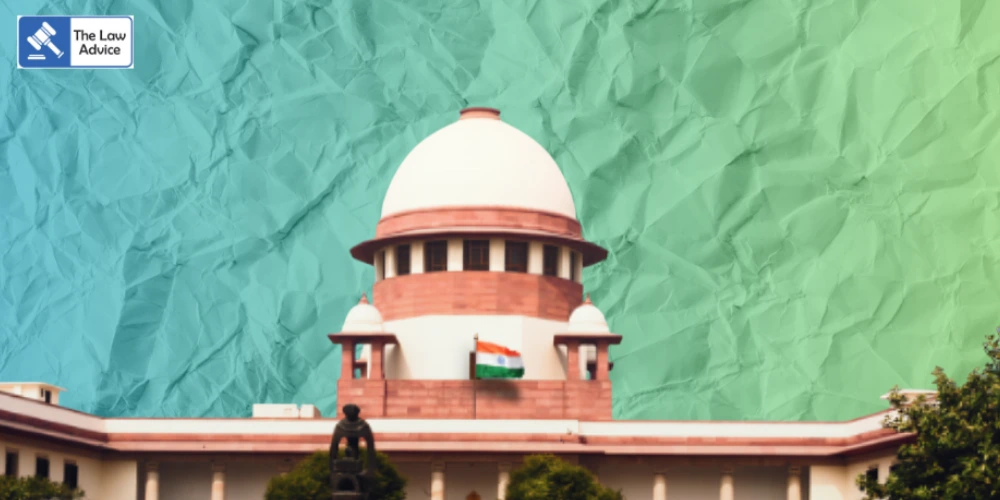The Supreme Court has ruled that a Trial Court cannot mechanically take cognizance of additional offences not included in the chargesheet merely on the basis of affidavits filed by private witnesses, without examining the investigation record or ordering further investigation.
A Bench of Justice Ahsanuddin Amanullah and Justice Satish Chandra Sharma set aside the Allahabad High Court’s order which had upheld the Trial Court’s decision to add Section 394 of the IPC (voluntarily causing hurt in committing or attempting to commit robbery) solely on the strength of affidavits submitted by complainant’s witnesses.
The Court held that such an approach undermines fairness and proper judicial process:
“In fact, only on the basis of affidavits of witnesses filed along with the petition on behalf of the complainant, the Court has taken cognizance under Section 394 of the IPC. We do not approve of such exercise in the manner it has been done.”
Background of the Case
• An FIR was initially lodged under Sections 394, 452, 323, 504, 506 IPC and provisions of the SC/ST (Prevention of Atrocities) Act.
• However, after investigation, the police filed a chargesheet excluding Section 394 IPC.
• The complainant repeatedly applied before the Trial Court to add Section 394, eventually submitting witness affidavits to support this plea.
• The Trial Court accepted the affidavits and took cognizance of Section 394 IPC, a decision later affirmed by the Allahabad High Court, prompting an appeal to the Supreme Court.
The Court emphasized that trial courts cannot simply rely on affidavits to add serious charges:
1. Duty to Examine Investigation Record
• When allegations are made that witness statements under Section 161 CrPC were suppressed or selectively produced, the Trial Court must call for the entire police case diary under Section 172 CrPC.
• The Court found that the prosecution had failed to provide complete statements recorded during investigation, thereby depriving the Court of a full picture.
2. Independent Judicial Satisfaction Required
• The Trial Court should have formed its own independent opinion about whether Section 394 IPC applied, based on case diary entries, witness statements, or an inquiry of its own.
• Merely acting on private affidavits was improper and contrary to law.
3. Procedure if Affidavits Are Filed
• If witness affidavits are produced alleging facts not covered in the investigation, the correct course is to forward them to the police so that the statements are properly recorded and, if necessary, a further investigation is carried out.
Court’s Directions
• The Supreme Court set aside the Trial Court’s order taking cognizance under Section 394 IPC, and also overruled the Allahabad High Court’s approval of that order.
• The matter was remanded to the Trial Court with specific instructions:
• Call upon the police to produce the entire case diary and witness statements recorded.
• If any witness statements were not recorded, the affidavits furnished by the complainant should be forwarded to the police for proper recording.
• The police must then conduct further investigation and file a supplementary report within six weeks.
• Based on this record, the Trial Court may then decide afresh whether to take cognizance and proceed with framing charges.
The Court made it clear that it was not commenting on the merits of the case.
Importantly, the Bench cautioned that the Superintendent of Police, Jhansi, would be held personally responsible if any material uncovered during investigation was found to have been suppressed.
Reiterating the principle of fair and impartial investigation, the Court stressed that all relevant materials must be truthfully placed before the Court to ensure justice.
Case Title: Deepak Yadav and Another v. State of Uttar Pradesh and Another
